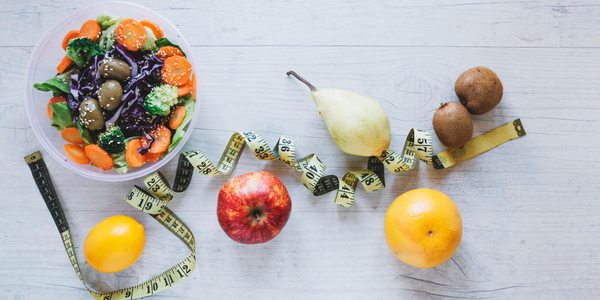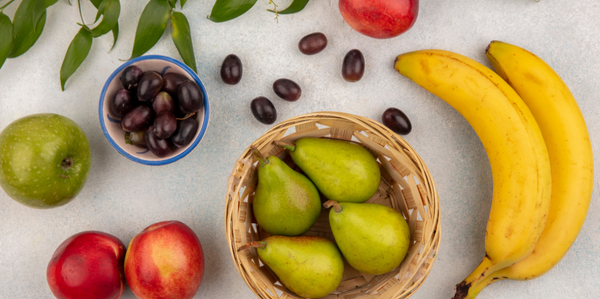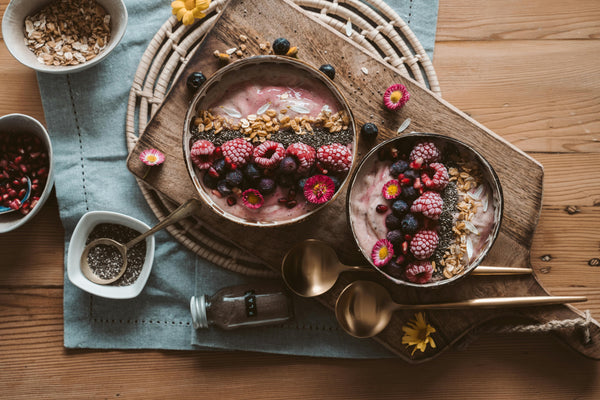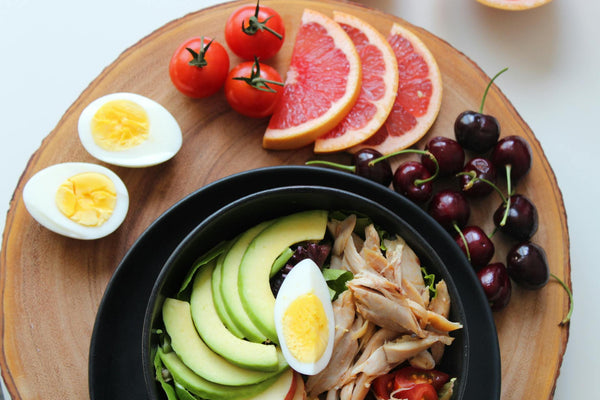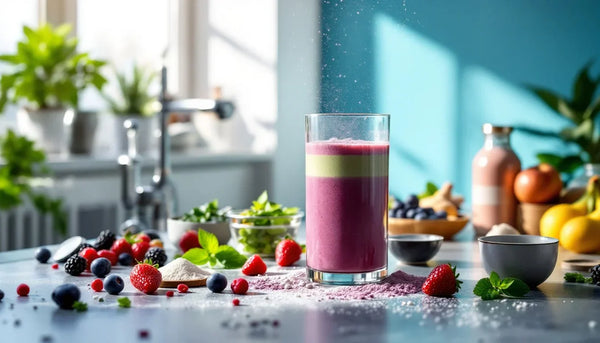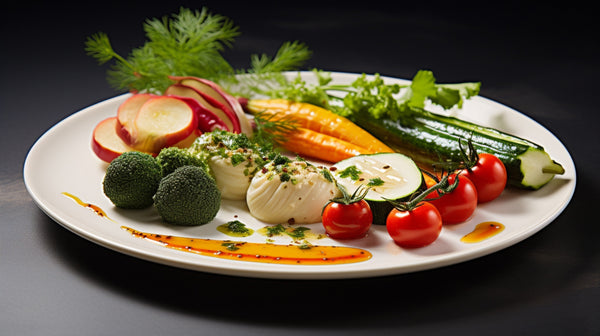Proteins and the Indian Diet
Protein is essential for maintaining and repairing tissues, supporting immune function, and ensuring the body performs at its best. Despite its vital role, protein often doesn't receive the attention it deserves in the typical Indian diet. Whether you're a vegetarian or a non-vegetarian, understanding how to incorporate more protein into your meals can have a transformative effect on your health. In India, where protein deficiency remains a significant concern, it’s time to reassess our eating habits and prioritize protein-rich foods.
India’s rich and diverse culinary landscape offers a wealth of healthy protein sources that cater to every dietary preference. In this blog, we’ll explore why protein is so crucial for your overall health, how it supports bodily functions, and how you can effortlessly add more protein to your daily meals—whether through plant-based or animal-based options.
Why Is Protein So Important?
Protein is a vital macronutrient, playing a key role in growth, repair, and overall health. Here are 5 reasons why they are essential:
-
Tissue Repair and Growth
Our bodies are constantly regenerating cells and tissues. Protein provides the amino acids needed for this process, making it crucial for recovery from workouts, injuries, or surgery. It’s especially important for children, athletes, and anyone recovering from illness [NIH]. -
Immune System Support
Proteins help form antibodies and immune cells, which are essential for fighting infections. A lack of protein can weaken the immune system, leaving the body more vulnerable to illnesses [NIH]. -
Muscle Health and Strength
Protein is crucial for muscle growth and repair. After exercise, protein helps rebuild the small tears in muscle fibers, leading to muscle growth. This makes it essential for athletes, bodybuilders, and anyone who exercises regularly[NIH]. -
Energy Source
Though carbs and fats are the body’s main energy sources, protein can also serve as an energy reserve. It helps maintain stable blood sugar levels, providing steady energy throughout the day [NIH]. -
Weight Management
Protein helps control appetite by promoting feelings of fullness, which can reduce overall calorie intake. By stabilizing hunger hormones, protein is a key part of a balanced diet for weight management [NIH].
Given its many vital roles, a protein-rich diet is essential for health. However, in many Indian households, particularly vegetarian ones, getting enough protein daily can be challenging, leading to protein deficiency, especially among children and women.
High-Protein Indian Diet
A high-protein Indian diet doesn’t necessarily have to be centered around a single category of foods. India’s rich cultural heritage offers an array of protein-rich options, both vegetarian and non-vegetarian, catering to diverse needs. The key lies in knowing which foods to prioritize and how to combine them for maximum benefits.
Vegetarian Protein Sources
Legumes and Pulses – India is home to a wide variety of pulses, such as lentils (dal), chickpeas, and mung beans, which are significant sources of plant-based protein. These can be incorporated into various dishes like dal fry, chole, and moong dal khichdi.
Dairy Products – For those who include dairy in their diets, paneer (cottage cheese), curd, and Greek yogurt are excellent sources of protein. They are not only rich in protein but also provide calcium, which is crucial for bone health.
Soy and Tofu – Soy products, such as tofu, tempeh, and soybeans, are considered complete proteins, meaning they contain all nine essential amino acids. These can be added to stir-fries, salads, or curries for a high-protein boost.
Nuts and Seeds – Almonds, peanuts, chia seeds, and flaxseeds are packed with protein and healthy fats. These are perfect for snacking or can be sprinkled over salads and smoothies to enhance protein content.
Whole Grains – Grains like quinoa, amaranth, and millet provide more protein than regular rice or wheat. These grains can be used in a variety of dishes, from pilafs to salads, adding an extra nutritional punch to meals.
Non-Vegetarian Protein Sources
Eggs – Eggs are a powerhouse of protein and essential nutrients. Dishes like egg curry, omelets, or boiled eggs make excellent additions to a high-protein diet.
Poultry – Chicken, especially lean cuts like chicken breast, is a rich source of protein. Popular preparations include chicken tikka, tandoori chicken, and chicken curry.
Seafood – Fish like mackerel, salmon, and pomfret, as well as shellfish like prawns, are excellent protein sources. They also provide omega-3 fatty acids, which support heart and brain health. Dishes such as tandoori fish or prawn masala are flavorful options.
Meat – Lamb, goat, and other meats are rich in protein and iron. Indian dishes like mutton curry, kebabs, or keema are protein-dense options for those who enjoy red meat.
By combining vegetarian and non-vegetarian sources, you can create a diverse and nutritionally balanced high-protein Indian diet that suits your lifestyle and preferences.
Increasing protein intake in the Indian diet doesn’t require drastic changes. Start by adding dal or paneer to every meal, snacking on nuts, and experimenting with protein-rich grains like quinoa or millet. For non-vegetarians, incorporating eggs, chicken, fish, or lean meats into meals can significantly boost protein intake. Dishes like egg curry, grilled chicken, or tandoori fish are delicious options.
For vegetarians or those with higher protein needs, protein supplements are a convenient solution. Plant-based protein powders made from ingredients like peas, rice, and hemp provide a concentrated source of protein. These supplements are easy to digest, free from artificial additives, and can be mixed into smoothies or used in cooking to enhance protein intake.














